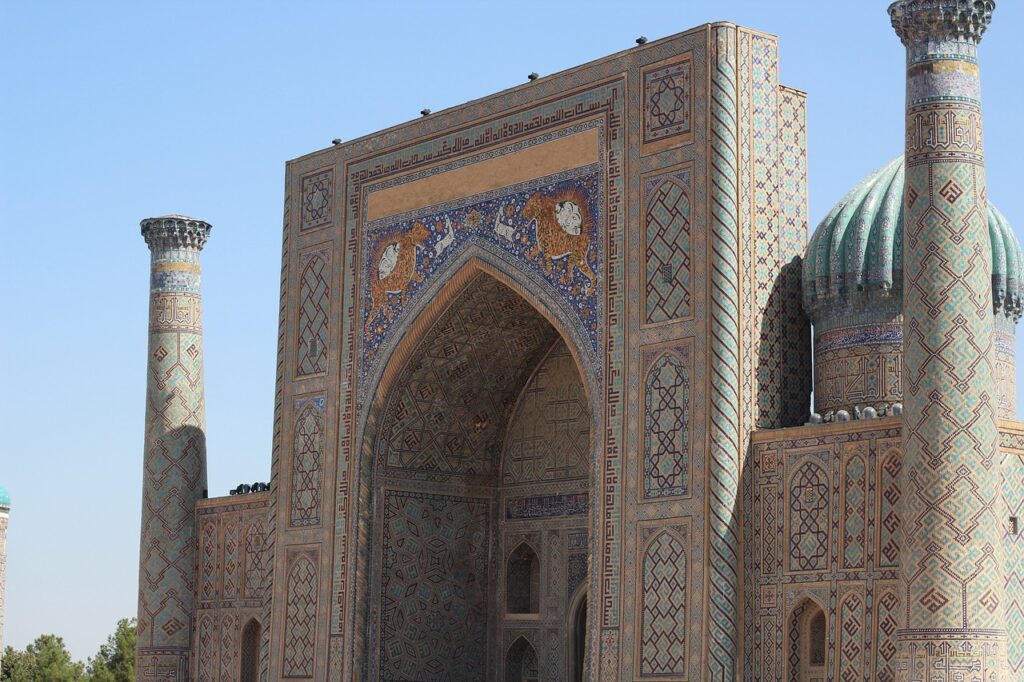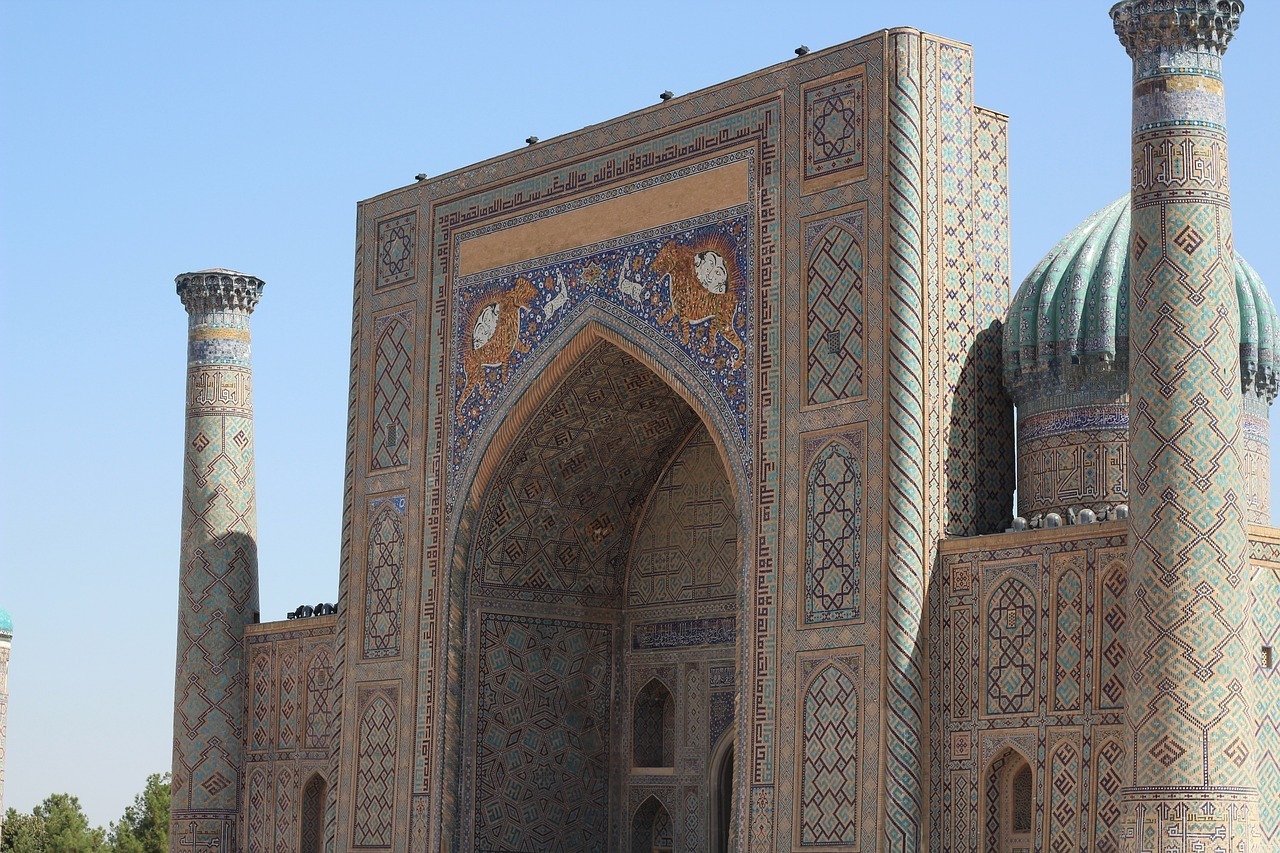Madhab: Understanding Sunni Islam’s Jurisprudence Schools
Understanding Madhab: A Deep Dive into Sunni Islamic Jurisprudence Schools

Sunnism, one of the main branches of Islam, has, over time, developed schools of thought or madhabs. These are essentially legal and theological interpretations of sacred texts, crafted by distinguished Islamic scholars. In this article, we’ll delve into the different legal schools of Sunnism, emphasizing the concept of madhab and its significance in the lives of Sunni Muslims.
1. What is a Madhab?
The term madhab (plural: madhahib) is an Arabic word meaning “way” or “path”. In the Sunni religious context, it refers to a legal school that provides interpretations and opinions on religious, social, and ethical issues based on Islamic teachings. Each madhab is rooted in the teachings of a notable jurist or theologian and signifies an interpretative tradition that has persisted for centuries.
Book your free trial lesson
Don’t want to go through the translation anymore?
30 free minutes with your qualified Egyptian teacher.
2. Key Sunni Legal Schools
There are four major legal schools (madhahib) within Sunnism:
Hanafi: Founded by Imam Abu Hanifa (699-767), this school is especially dominant in South Asia (Pakistan, India) and Turkey. It is known for its flexibility and use of personal opinion (ra’y) in interpreting the law.
Maliki: Established by Imam Malik ibn Anas (711-795), it prevails in North and West Africa. Imam Malik authored the “Muwatta”, one of the earliest hadith compilations.
Shafi’i: Initiated by Imam al-Shafi’i (767-820), it’s dominant in East Africa, Malaysia, and Indonesia. This school emphasizes the Quran and Hadiths as primary jurisprudential sources.
Hanbali: Founded by Imam Ahmad ibn Hanbal (780-855), it’s the strictest in interpretation and is predominant in Saudi Arabia. This school has also influenced the modern Salafi movement.
A. Hanafi School
The Hanafi madhab, founded by Imam Abu Hanifa, stands out for its adaptability and evolution. Abu Hanifa was recognized for his critical thinking and readiness to debate religious matters with individuals of varying viewpoints. This school’s strength lies in its method of analogical reasoning, known as Qiyas, allowing the adaptation of the law to new and unique situations.
To Know More: The Hanafi Madhab, Origins, principles and modern impact
B. Maliki School
The Maliki school is distinguished by its commitment to the practice (Amal) of the people of Medina, seen as a living testimony of the Prophet’s Sunna. This approach has enabled the Maliki school to stay connected to people’s everyday lives while maintaining a strong link to the prophetic tradition.
C. Shafi’i School
The Shafi’i school or Shafii Madhab is characterized by rigorous methodology in jurisprudence development. Al-Shafi’i established a clear framework for utilizing Islamic law sources, prioritizing the Quran followed by the Hadiths.
D. Hanbali School
The Hanbali school is often seen as the most orthodox, favoring a literal interpretation of the texts. It is wary of excessive use of analogical reasoning, fearing it might drift from the core prophetic teachings.
The Hanbali school is often seen as the most orthodox, favoring a literal interpretation of the texts. It is wary of excessive use of analogical reasoning, fearing it might drift from the core prophetic teachings.
3. Why Multiple Madhahib?

The rise of these legal schools can be attributed to:
Geographical and Cultural Diversity: Islam expanded across vast regions with varied cultures and traditions. Jurists had to adapt teachings to these diverse realities while staying true to sacred texts.
Interpretative Differences: While all Muslims believe in the Quran as God’s word, interpretative methods and the importance assigned to different sources can vary.
Evolving Jurisprudence: Social and ethical challenges change over time, requiring tailored responses. Madhahib offer a structure to address these matters in light of Islam.
4. The Significance of Choosing a Madhab
Choosing a legal school isn’t rigid. Historically, Muslims were typically influenced by their origin region or culture. Today, globalization and information flow allow many Muslims to study various madhahib and select the one most resonating with them.
It’s vital to recognize that, despite opinion differences, all legal schools are valid within Sunnism. Their existence displays the richness and variety of Islamic interpretation.
Conclusion
The concept of madhab or legal school is central to understanding the diversity of opinions and interpretations within Sunnism. While differing on certain matters, all these schools aim to guide Muslims toward a righteous and devout life, consistent with Islamic teachings. Acknowledging and respecting this diversity is essential for unity and mutual understanding within the Muslim community.
Read more: Hanafi Madhab: Origins, Principles & Modern Impact
Chosen and Trusted by Thousands of Satisfied Learners
Discover the experiences of our delighted clients who have thoroughly enjoyed utilizing this standout feature.
Alhamdulillah I‘m very pleased with the arabic and Qur’an lessons I receive from teacher Umm Tasneem and I‘m also content with the al-dirassa administration team who were very quick in answering any questions I had. In a month I progressed a lot and I cannot wait to continue my studies with al-dirassa. May Allah reward everyone at al-dirassa.
Verified review - view original
My Qur’an teacher is fantastic, she teaches me in a loving and kind way where I look forward to the lessons and learn so much. My Arabic teacher is equally as nice and has a lot of patience with me, she has great expertise in the field and I’ve progressed really quickly with her. Thank you Al-dirassa!
Verified review - view original





